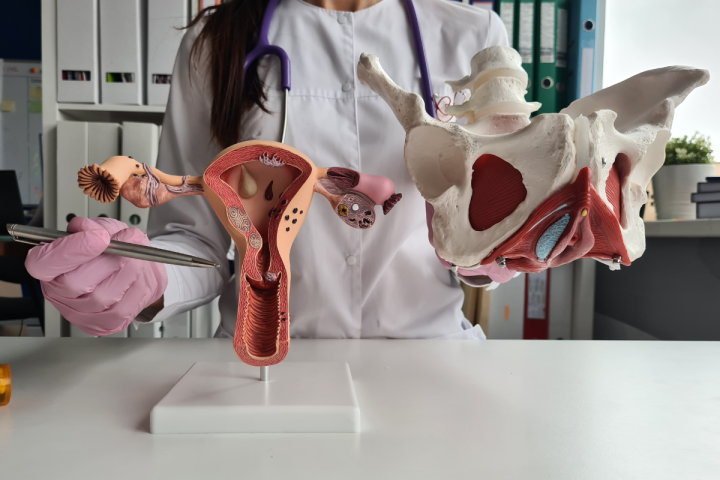Homeopathy is an alternative form of medicine based on the principle 'like cures like'. It was developed by the German physician Samuel Hahnemann in the 18th century. According to homeopathy, substances that cause certain disease symptoms in healthy people can be used to treat the same symptoms in sick people.
What is homeopathy?
Basic the principle of homeopathy is the principle of potentisation, i.e. diluting the active substance and vigorously shaking the mixture after each dilution step. The method states that the more the substance is diluted, the stronger the therapeutic effect.
Homeopathy is also based on the principle of individualisation of treatment, which means that the homeopathic doctor takes into account all of the patient's symptoms and characteristics, not just the specific symptoms of the disease. The homeopathic medicine is selected individually for each patient.
How did homeopathy originate?
The father of homeopathy was the German physician Samuel Hahnemann, who lived at the end of the 18th century. In his search for alternative treatments, he began researching the principle of 'similia similibus curentur' (like cures like), which had already been known but not widely applied.
During his research, Hahnemann experimented on himself by taking different substances and observing their effects on his body. He noticed that the substances that caused his disease symptoms effectively treated similar disease symptoms when he used them in very low doses. He therefore created a homeopathic principle whereby 'similar' substances that caused disease symptoms in a healthy person could be used in small, diluted doses to treat similar disease symptoms in a patient.
Hahnemann developed a process for diluting substances, which he called 'potentisation'. He diluted substances in water or alcohol and then shook or rubbed them vigorously, which he believed would enhance their effect. He claimed that the more a substance was diluted, the stronger its medicinal effect. Homeopathy quickly gained popularity and many doctors began to practise it.
However, it should be noted that homeopathy is often criticised by modern science because there is a lack of scientific evidence for the efficacy of its methods.

What conditions can be treated with homeopathy?
Common conditions that can be treated with homeopathy include:
- Gastrointestinal diseases such as indigestion, constipation or stomach ulcers.
- Skin diseases such as acne, eczema or psoriasis.
- Respiratory diseases such as asthma or chronic bronchitis.
- Urinary tract diseases such as kidney stones or cystitis.
- Diseases of the musculoskeletal system, such as arthritis or back pain.
- Diseases of the nervous system, such as migraines or neuroses.
Homeopathy - main advantages
Among the most important advantages of homeopathy are:
- An individual approach, as homeopathy focuses on the total picture of the patient's health and ailments. During the consultation, the homeopath carefully assesses not only the physical symptoms, but also the emotional and mental aspects of the patient. He or she treats the person as a whole, not just specific symptoms.
- Safety because homeopathic medicines are usually very diluted and prepared in a way that minimises the risk of side effects. Therefore, they are safe to use, especially compared to some conventional medicines that can have serious side effects.
- No toxicity because the high dilutions of substances used in homeopathy theoretically eliminate the toxicity of the substances themselves. This means that even highly toxic substances used in homeopathy are safe.
- Support for the immune system, as homeopathy aims to stimulate the body's natural self-healing mechanisms. According to the tenets of homeopathy, homeopathic medicines can support the immune system and help the body to heal itself.
- Personalisation of treatment because the remedy that the homeopath chooses for the patient is similar to the patient's symptoms and ailments. Therefore, homeopathic treatment is strongly individualised and tailored to the needs of the individual patient.




